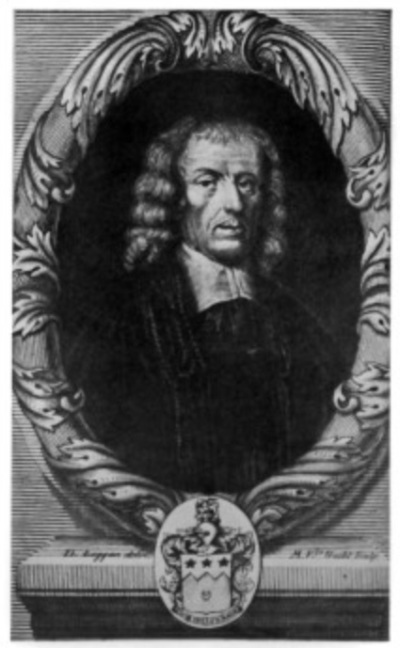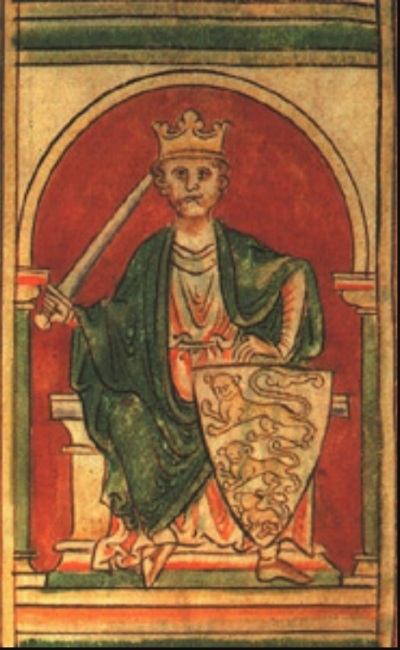Monday, August 30, 2021
Henry More and Richard the Lionheart. Two opposite ends of the Christian spectrum.
Creating the modern world.
by Ferdinand III
Two notable events in Western Christian history this week.

Henry More (1614–1687), an English philosopher, scientist, and theologian.
September 1 marks the anniversary of when Henry More, a notable 17th century Christian philosopher, theologian, scientist and poet, died at the age of 72.
More was known for being a prominent member of the Cambridge Platonist movement, which sought to reconcile Ancient Greek philosopher Plato’s ideas with Christianity.
In 1671, More had his magnum opus Enchiridion metaphysicum published, which argued for what he called a “Spirit of Nature” as a driving force of how the world functioned.

September 2 1192, Richard the Lionheart signs the Treaty of Jaffa (3rd Crusade ends).
English King Richard I (1157-1199), known as the Lionheart for his military prowess and physical strength, led the Third Crusade to victories at Acre and the coast of Israel, before signing a treaty with Saladin.
Jaffa was a city 40 miles from Jerusalem, the end target objective of the Third Crusade. The Crusaders were surrounded but successfully fought off the Muslim armies at Jaffa, who suffered deep losses. The Lionheart led a Christian relief force which swept away the Muslims besieging the city and the Crusaders defending it. Even with this victory, it was clear that the Christians did not have enough men to take Jerusalem, and the Muslims did not have the requisite force or ambition to dislodge the Christians from their strongholds along the coast.